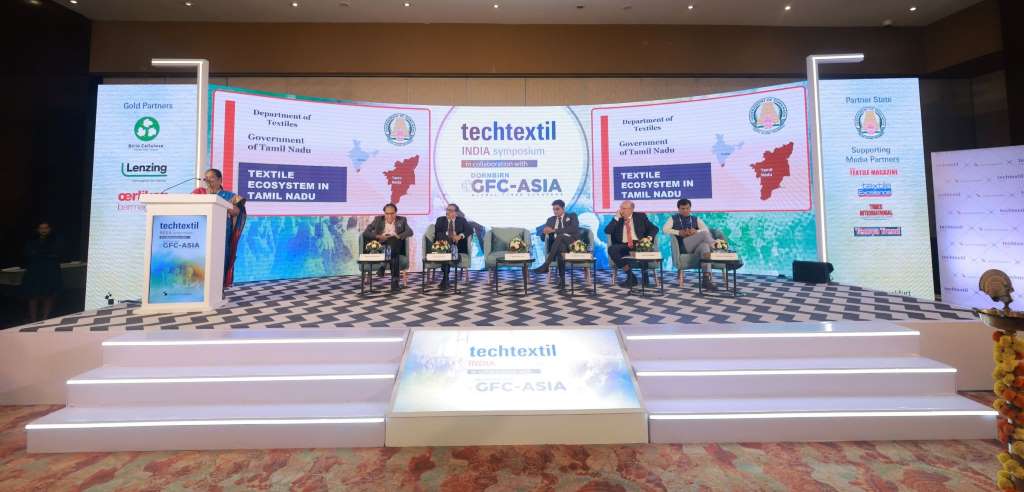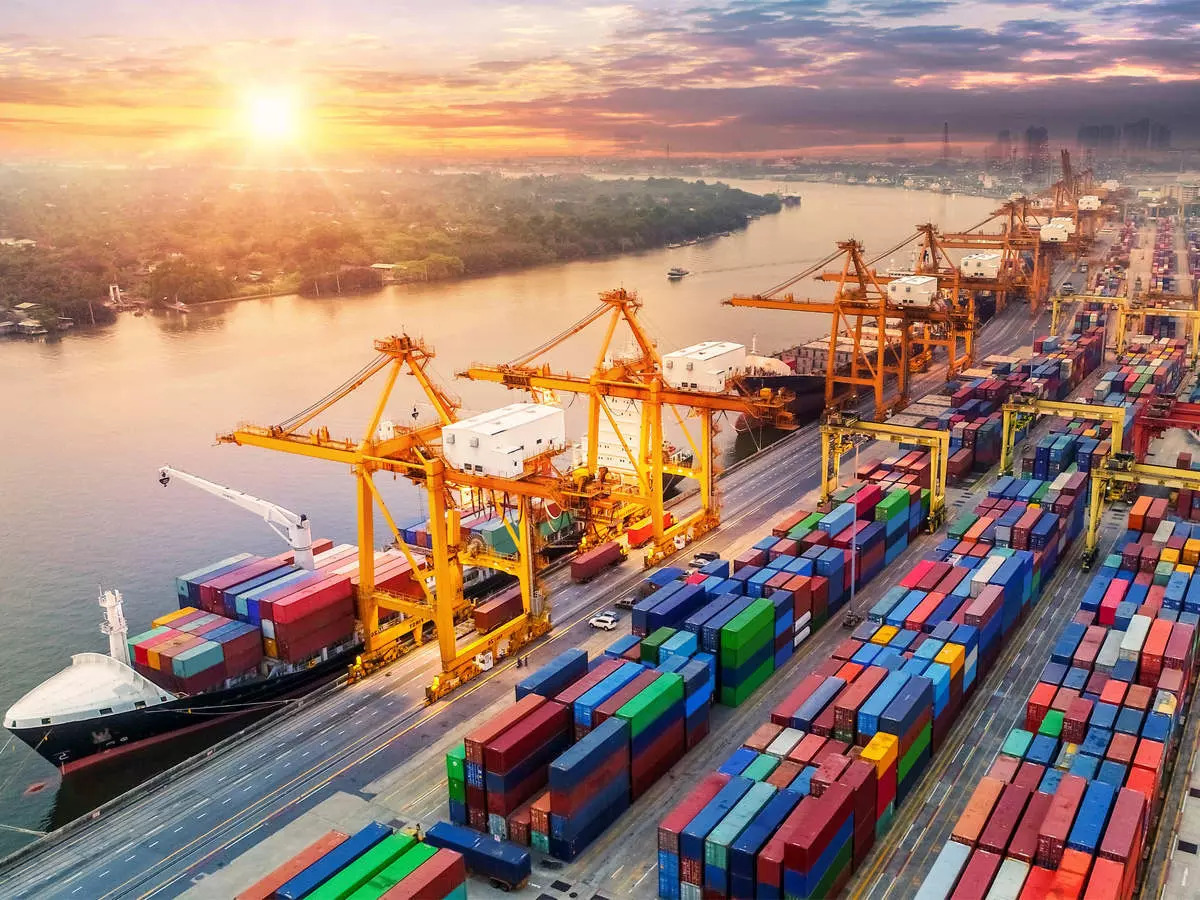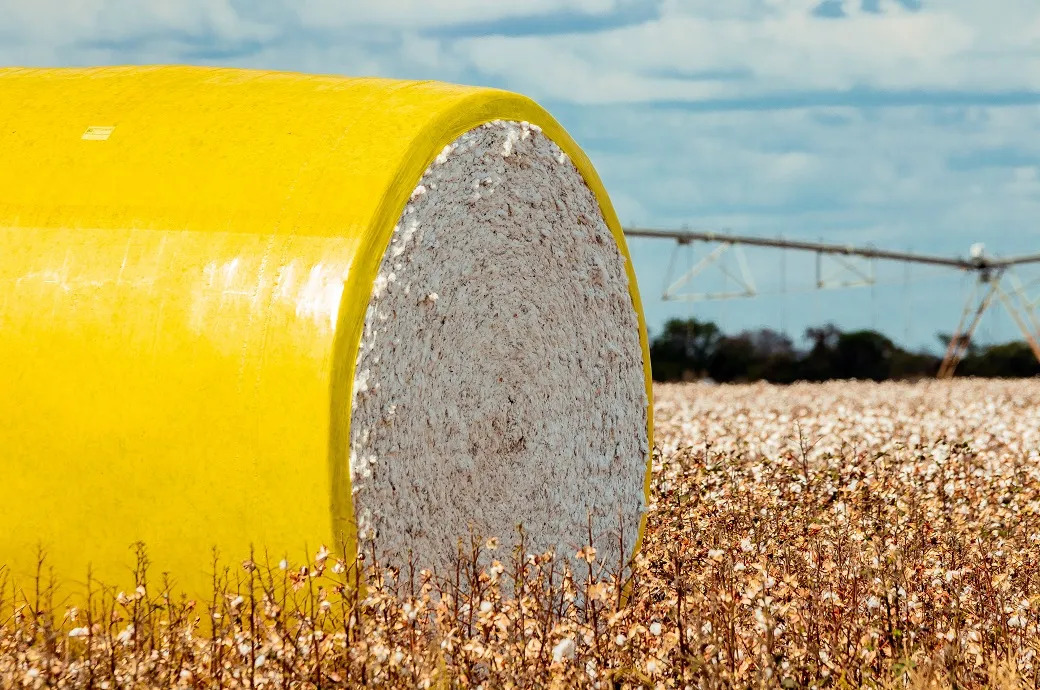The world's largest fibre innovation congress, the Dornbirn Global Fibre Conference (GFC) Asia, made a landmark debut in Mumbai this week, positioning sustainability and circularity as the critical engines for India's ambitious textile growth. Held under the umbrella of the Techtextil India Symposium 2025, the conference, themed ‘Shaping the Future: Sustainable Growth in Fibre Solutions and Innovations’, served as a high-level platform for global experts to converge with India's vibrant textile sector.
The event established a direct link between global-standard fibre innovation and India’s urgent national target: elevating its textile and apparel exports to USD 100 billion by 2030. The path to this goal, as highlighted by the conference, runs directly through embracing man-made fibres (MMF), technical textiles, and, most crucially, closing the loop on textile waste.
The $100 bn imperative and the MMF shift
India, traditionally a powerhouse in natural fibres like cotton, is now at a "transformative juncture" that demands a strategic pivot toward innovation. The shift is not just about increasing volume but diversifying into higher-value technical textiles, which have diverse applications in areas like automotive airbags, hygiene products (e.g., baby diapers), and more.
“India is becoming an epicentre of man-made fibre and the circular supply chain into yarn,” stated Bhadresh Dodhia, Co-Chairman of the Bharat Tex Committee 2025. This pivot is essential for achieving the export goal, cementing India's place as a global hub for technical textiles.
The Critical Challenge: Turning waste into a raw material
While the vision for a 'greener, smarter, and more resilient textiles future' is clear, the conference laid bare a significant challenge—and a massive opportunity—in recycling.
Regarding The Recycling Gap, in India, textile-to-textile recycling is currently below 1%. However, Dodhia did not view this as a gap, but as a "big opportunity to harness this huge pile of waste that has the potential to be the raw material” for the industry.
The discussions emphasized that success hinges on implementing circular economy practices. This includes adopting technologies for collection and sorting to efficiently make feedstock available for the circular supply chain to work efficiently. India is already taking positive steps, leading many developed countries in converting post-consumer waste, such as recycling bottles into yarn and plastic. Furthermore, the implementation of Extended Producer Responsibility (EPR) for plastic waste could significantly speed up the recycling of plastic waste into fibres, helping India realise its potential to become a recycled polyester hub.
Collaboration: The key to unlocking potential
The Government of Tamil Nadu—a state already established in natural fibres—supported the event as a Partner State. Hon’ble Ms. V Amuthavalli, IAS, Secretary – Handlooms, Handicrafts, Textiles and Khadi, Government of Tamil Nadu, highlighted the strategic exchange: “Being a Partner State to the Dornbirn GFC Asia, we are looking towards exchanging knowledge and building Tamil Nadu’s technical textiles industry as well,” emphasizing the need to diversify more into man-made fibres as well.
The industry's ability to embrace change, drive innovation and foster cross-sector collaboration will define its success. As Murugan Thenkondar, President – Marketing & Global Head – Business Development, Aditya Birla – Grasim Industries Limited – Birla Cellulose, noted, this platform is "good for India as it will bring a lot of outside perspective in India".
Uday Paul Singh Gill, Senior Partner, Gherzi Consulting, and Guest of Honour, emphasized the global context, “I believe that there is a huge potential in the Indian industry with diverse applications in baby diapers, automotive airbags, hygiene and more. Globally, circularity, sustainability and AI will impact industry."
The conference, which featured industry leaders like Birla Cellulose, Lenzing, and Oerlikon, ultimately served as a "seminal platform" to propel India's textiles sector into a new era where sustainability and digital transformation are no longer optional. They are essential for maintaining competitiveness.
The Dornbirn GFC Asia, a collaboration between Messe Frankfurt Trade Fairs India and the Austrian Fibers Institute, was designed to bring in this essential global expertise.












